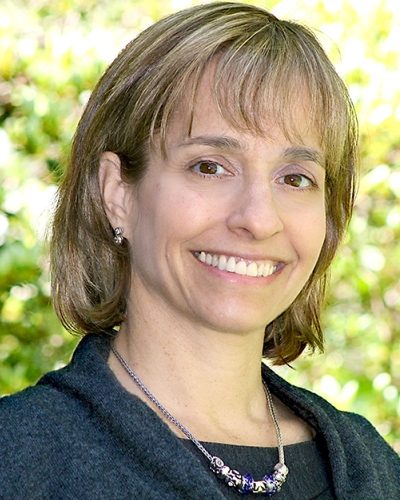Ten days ago, Dan Uzan, a 37-year-old, was shot dead guarding a Copenhagen synagogue while a Bat Mitzvah celebration was inside. I mourn his tragic death and shudder at the thought of the increased and horrific bloodshed that would have ensued had the gunman made it inside.
One month earlier, a gunman who pledged allegiance to ISIL killed four Jews and took fifteen individuals hostage at a Kosher Supermarket in Paris. Some were simply buying bread for their Sabbath.
These are just two of the steadily increasing and seemingly weekly European acts of anti-Semitism ranging from rape to desecration of cemeteries to children being killed while studying in their schools.
Global Jewish reactions have varied.
The first response seems to be fear. “Is this reminiscent of Nazi Europe of the 1930s?” many are whispering, wondering, and writing on social media.
This is understandable given our history. The Holocaust is not just in history books; it is our family story. It seems wherever we go, however safe we feel, and however accomplished we are, there is still a risk of persecution. My grandmother had a successful business and my grandfather was an esteemed writer in 1930s Munich. In the blink of an eye, their lives of comfort and safety were lost. There was no significant outcry from the community or from the world and six million perished. Will there be an outcry now?
The second response is calling for Jewish flight. We are hearing increased calls for emigration from European countries plagued by anti-Semitism.
Following the January shooting in Paris, Prime Minister Benjamin Netanyahu said, “Jews were killed on European land just because they were Jewish… This wave of attacks will continue. I say to the Jews of Europe – Israel is your home.”
Jewish global commentators challenge this on two levels. First, some are asking whether Jews are indeed safer from jihadist threats in Europe than they are in Israel. Second and more importantly, Jews leaving behind their role in the Diaspora communities from cultural to culinary to intellectual, scientific, religious, and philanthropic will only serve to weaken the fabric of those communities. Just as world Jewry needs a secure Israel, Israel needs strong Jewish Diaspora communities.
A third response is not advocating flight from anti-Semitism but supporting the fight against it. That is the plan of the Jewish leadership of Denmark and Paris. Terrorism will not silence them. They will continue to practice their faith, to pray in their synagogues, and to engage openly in their communities. There are non-Jewish voices of leadership in Paris and Copenhagen supporting them. In a passionate speech to the French National Assembly, France’s Prime Minister Manuel Valls decried the rising tide of anti-Semitism in France: “When the Jews of France are attacked, all of France is attacked, and so is the universal consciousness.”
There are interfaith voices of leadership. In Oslo, more than 1,000 Muslims held hands for a peace vigil forming a circle around one of the city’s synagogues as a symbolic human shield of protection. They chanted, “No to anti-Semitism, no to Islamophobia.”
As Jews we are not alone in being victims. We weep for the three Muslims students who were shot two weeks ago in Chapel Hill. We cry out in anguish for the 21 Coptic Christians who were beheaded last week in Egypt. We gasp in horror to learn that books on philosophy, law, and science were recently removed from the Central Library of Mosul and the University of Mosul in Iraq and were burned. The German poet Heinrich Heine wrote in 1821, “Where they burn books, they will in the end also burn people.”
Fear and faith are opposite ends of the same spectrum. Let us not be paralyzed by fear but use our own faith and gather as people of faith to respond collaboratively. We invite secular voices to join in the fight for religious freedom. In Europe and here, may we physically guard each other’s places of worship and vocally protect each other’s freedoms to worship in varied temples, mosques, and churches, to study varied theologies and philosophies, to celebrate our respective sacred moments, and to live in peace.
Fear can paralyze us or it can serve as a catalyst to draw us together as a community to fight for the freedoms we value so deeply.
An editorial in the Charlotte Observer on Tuesday, Feb. 24, 2015





One Response
Excellent editorial!
Thank you Charlotte Observer.